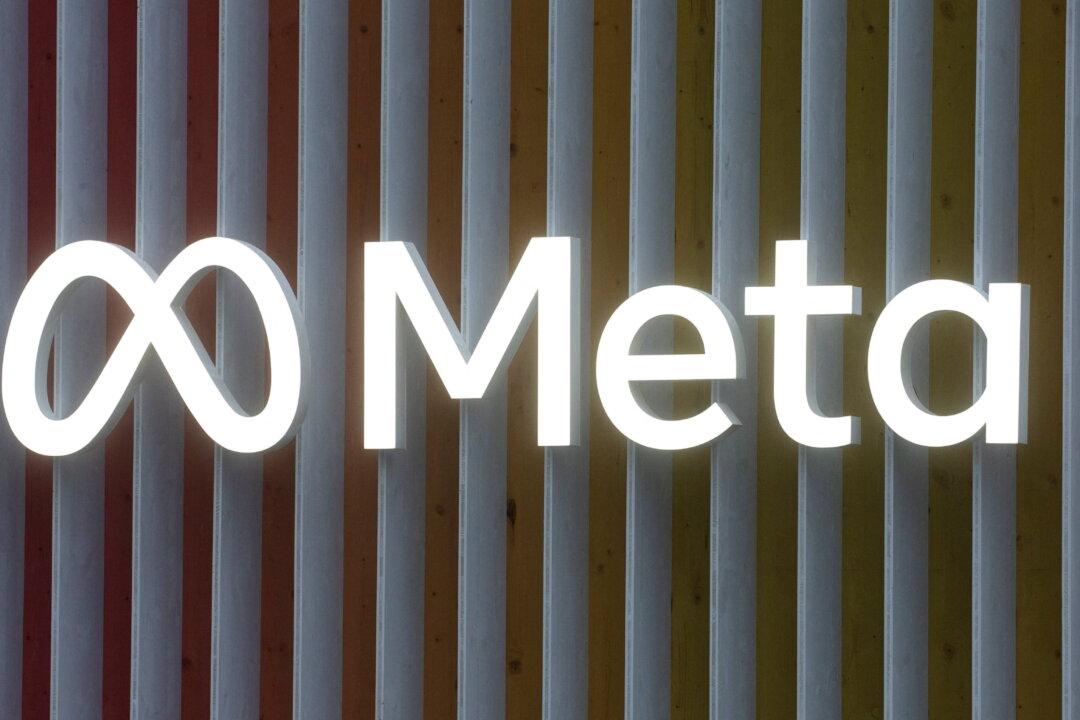Meta is suing the U.S.-based subsidiary of a Chinese tech firm and one individual, which it accused of illegally scraping data from Facebook and Instagram.
“Today, we’ve filed separate actions in federal court against Octopus and Defendant Ekrem Ates for scraping data from Facebook and Instagram,” a Meta representative said in a statement on July 5.




